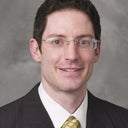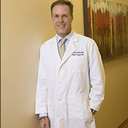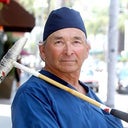What Are the Chances of Rhinoplasty Going Wrong?
As in, permanent scarring, infection, rot, nose collapse, deformation, death, etc.
As in, permanent scarring, infection, rot, nose collapse, deformation, death, etc.





What’s trending? Who’s turning heads? Which TikTok myths need busting? We’ve got you. No fluff, no gatekeeping—just real talk. Get our free, unfiltered newsletter.